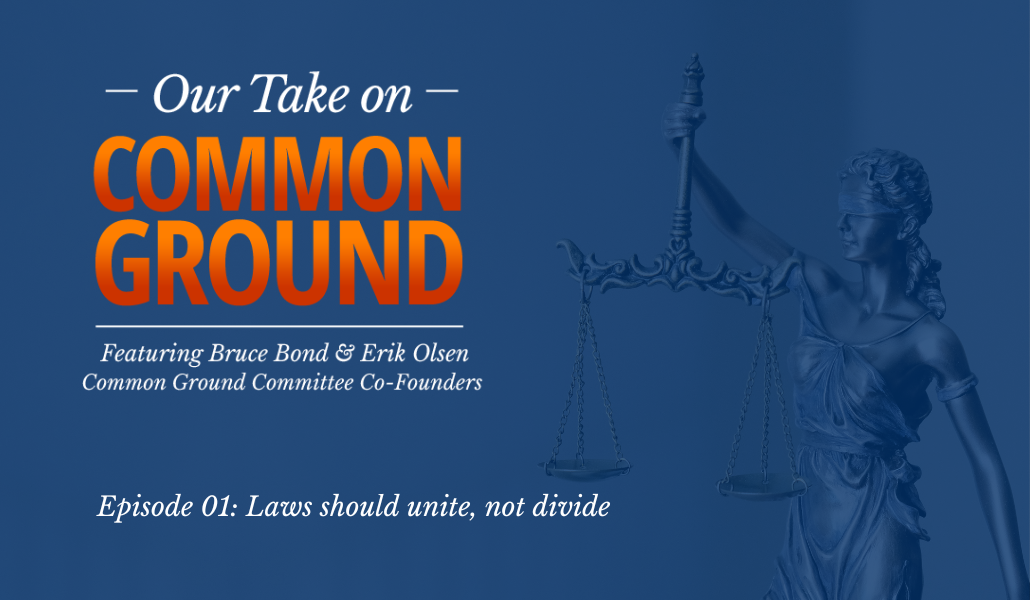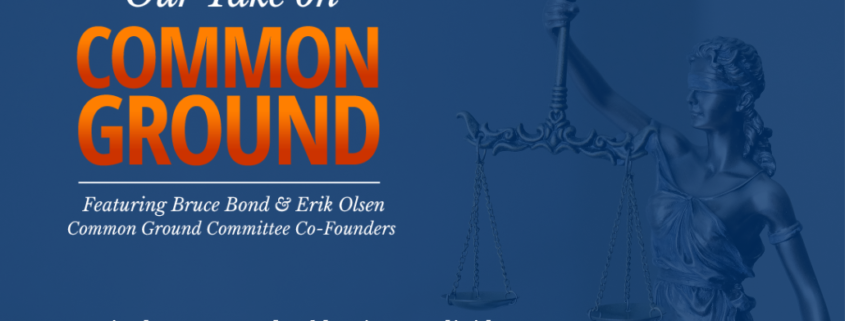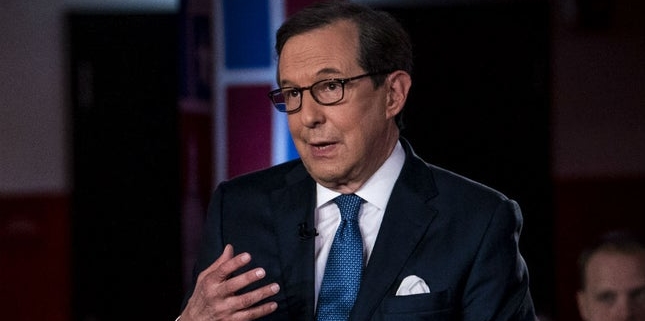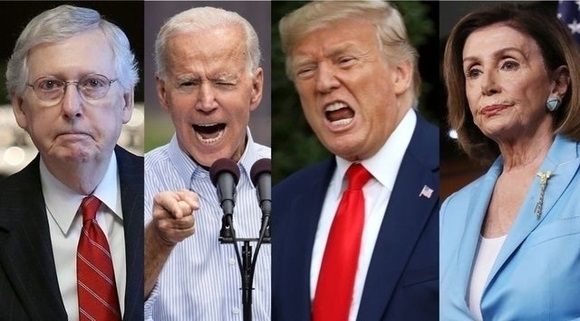Common Ground Co-Founder Bruce Bond reacts to recent displays of incivility and tribalism in American politics for The Hill
As someone who works full-time on healing the angry tone of our public discourse and polarization that divides our nation, the Kavanaugh hearings and searing debates that followed were difficult to watch. The depth of hate and personal vilification expressed by both sides was overwhelming.
An hour after Senator Susan Collins (R-ME) delivered her speech explaining why she would vote to confirm Judge Kavanaugh to the Supreme Court, a good friend of mine called. She strongly disagreed with the Senator’s decision but was impressed with Collins’ tone, scholarliness and how she respectfully spoke of her Democratic colleagues who opposed her position.
Our conversation echoed the findings of a recent Axios poll. It found that more than half of Americans have had conversations about the Kavanaugh confirmation battle at work, and almost three-quarters of Americans, like myself, have been talking about it with friends and family. Most significant and surprising, over three-quarters of Americans say their discussions about the Supreme Court appointee have been civil.
These poll results are in stark contrast to an annual poll tracking discourse in the United States, where 93 percent of Americans think the U.S. has a civility problem. The percentage of Americans viewing the opposite party unfavorably has doubled in the last two decades, and 86 percent of Americans say conflicts between Democrats and Republicans are strong or very strong.
In the Virginia Senate race, a Republican challenger pledged “the most vicious, ruthless campaign” to unseat the Democrat incumbent and in a series of exchanges, implied without evidence, that his opponent committed sexual assault.
A Democratic representative from California warned members of Donald Trump’s Cabinet to be prepared for an onslaught of heckling and public shaming if they continue to support the president’s policy on undocumented immigrants.
Notables from across the political spectrum are sounding the alarm, warning us of the perils of our current path. Michelle Obama said in a recent speech at a voter registration rally in Las Vegas she is “sick of the nastiness of our politics.” Senator Jeff Flake (R-AZ) during the Kavanaugh hearings expressed how tribalism is ruining us, going so far as to say that “it is tearing our country apart.”
It is evident: our civility problem is increasingly viewed as a serious threat to our nation. We need to shift our default model for public discourse from immediately employing fact-light, talking-point-based and anger-laced argument to willingly seeking, and finding, common ground with the other side.
To be sure, individuals with strong convictions should not be expected to compromise their values for the sake of civility. But in today’s bitterly divided political climate, finding common ground is paramount to reducing toxic polarization and evoking civil dialogue.
Elected officials leverage and reflect the mindset of those who elect them. We as citizens can drive this change by changing our mindset. Here’s how. Accept the fundamental truth that including more than one view contributes to a stronger position and a better, more effective solution. Be open-minded to facts that might conflict with our narrative, listen to others without rushing to judgment and seek to understand why those we disagree withhold the views they do.
With midterm elections rapidly approaching, cast ballots for candidates with strong track records of working with those with different political views. Regardless of their party, choose candidates who speak out against the speech and policies designed to divide us.
We need to support organizations working to remove the threat. The blatant disregard for civility and a desire to find a solution led to the creation of Common Ground Committee (CGC), which inspires action on polarizing issues by bringing prominent leaders with opposing views together in public forums to find common ground.
After the “Unite the Right” rally in Charlottesville, Virginia, Donna Brazile (former interim DNC chairwoman) and Michael Steele (former RNC chairman) participated in a CGC public forum to discuss government’s role in bridging racial divides. Brazile and Steele engaged with respect and a sense of conviction that we can all move beyond deep, destructive tribalism.
They disagreed on the use of racial profiling and affirmative action but found common ground on the need for police to live in the communities they serve, election funding transparency and that voting districts should be drawn by citizens’ commissions, not politicians. They agreed America is a government of the people and encouraged the audience to get involved, to campaign, write letters and run for office — not so much for President or State Representative, but for the School Board, the Finance Board, any place where the local community needs help.
There is a growing movement for civil discourse, finding common ground and focusing on solutions rather than arguments. Living Room Conversations and Better Angels cultivate positive, constructive conversations within our divided society. The Bridge Alliance is a consortium of more than 90 civic action organizations working individually and together to transform the political terrain. They stress listening, accepting nuances, putting country before self-interest and asking Americans with varying political beliefs and backgrounds to do the same.
We are in this together. If enough of us can demonstrate the value and power of civil discourse, we can shift the cultural norm from winning at all costs to finding common ground whenever possible. We’ll still see our leaders engaged in vigorous debate. But we’ll also see them make progress quicker and more frequently on the issues that matter.
— This article was published in The Hill on October 10, 2018













